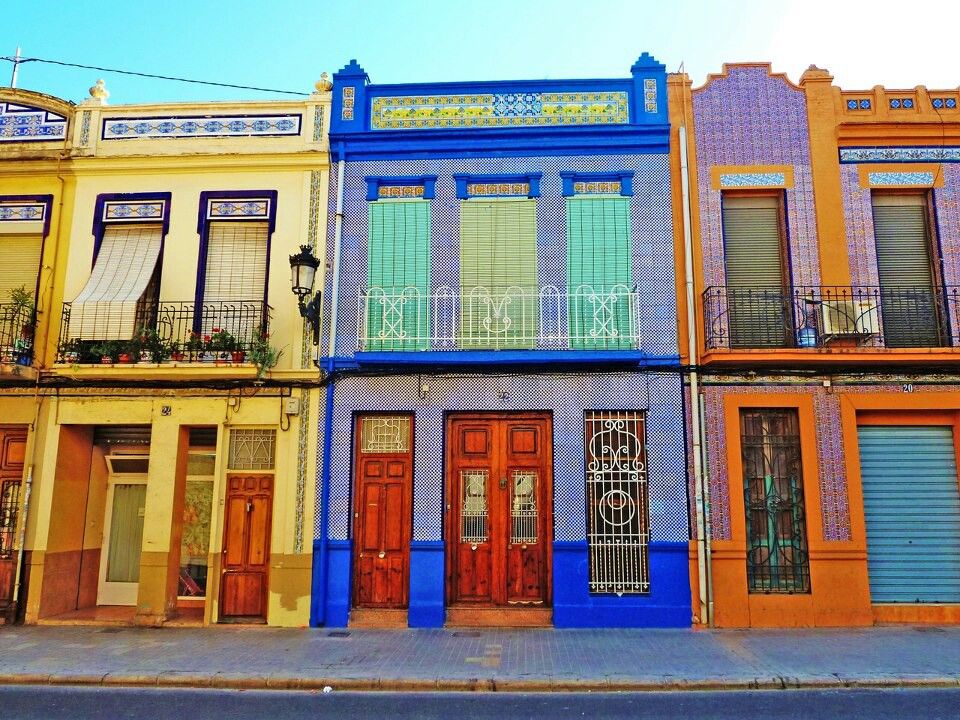In a bold move to reshape its real estate landscape, Spain is ending its “golden visa” program, signaling a decisive shift towards prioritizing affordable housing. Prime Minister Pedro Sánchez’s recent announcement to abolish this special residency scheme, which grants permits to foreign investors in real estate transactions exceeding €500,000, marks a significant departure from previous policies.
The decision aligns Spain with other European Union nations that have opted to dismantle similar programs, reflecting a broader commitment to redefining housing as a fundamental right rather than a speculative commodity. Sánchez emphasized, “We are going to take the necessary measures to guarantee that housing is a right and not just a speculative business.”
Canceling the Golden Visa Seems Disingenuous
However, skepticism persists regarding the notion that the golden visa program significantly influenced housing prices. The program’s minimal impact, as evidenced by the low number of visas granted relative to total real estate transactions, suggests that attributing rising prices solely to foreign investment may be oversimplifying a complex issue. With less than 2% of investors utilizing this avenue for residency permits, it appears disingenuous to pin the housing affordability crisis solely on the golden visa program. Other factors, such as domestic market dynamics and urban development policies, likely exert a more substantial influence on housing prices than foreign investment alone. Thus, while discontinuing the golden visa program aligns with broader goals of prioritizing affordable housing, its actual role in driving price inflation remains questionable.

The proposed modification to the law regulating golden visas, to be discussed at the upcoming cabinet meeting, underscores the government’s determination to address the housing crisis. Notably, around 94% of investor visas are tied to real estate transactions, predominantly concentrated in cities like Barcelona, Madrid, and Valencia, exacerbating housing pressures in these areas.
By scrapping the golden visa, Spain aims to ensure equitable access to affordable housing, with a commitment that no individual should expend more than 30% of their income on housing expenses. This move reflects a long-term vision to foster sustainable communities where housing is accessible to all, irrespective of financial status.
While the golden visa program was initially introduced in 2013 to attract foreign investment, its effectiveness has been called into question. Official data reveals a meager uptake, with only 451 visas granted in 2022, representing a fraction of total real estate transactions. Despite its potential, the program failed to gain traction, raising doubts about its contribution to rising property prices.
Moreover, the decision to cancel visa grants to Russian investors amidst geopolitical tensions further underscored the program’s limitations. With the golden visa scheme largely underutilized since its inception, it became evident that alternative strategies were imperative to address housing affordability comprehensively.
Will There Be a Golden Visa in the Future in Spain?
Looking ahead, Spain’s commitment to ending the golden visa heralds a new era of housing policy, characterized by inclusivity and sustainability. By prioritizing the needs of its citizens over investor interests, Spain paves the way for a more equitable and resilient housing market.
As the nation embarks on this transformative journey, it signals not just a policy shift but a reaffirmation of values, placing human welfare at the forefront of governance. With a clear focus on building communities where every individual has access to safe, affordable housing, Spain charts a course towards a brighter, more equitable future.








